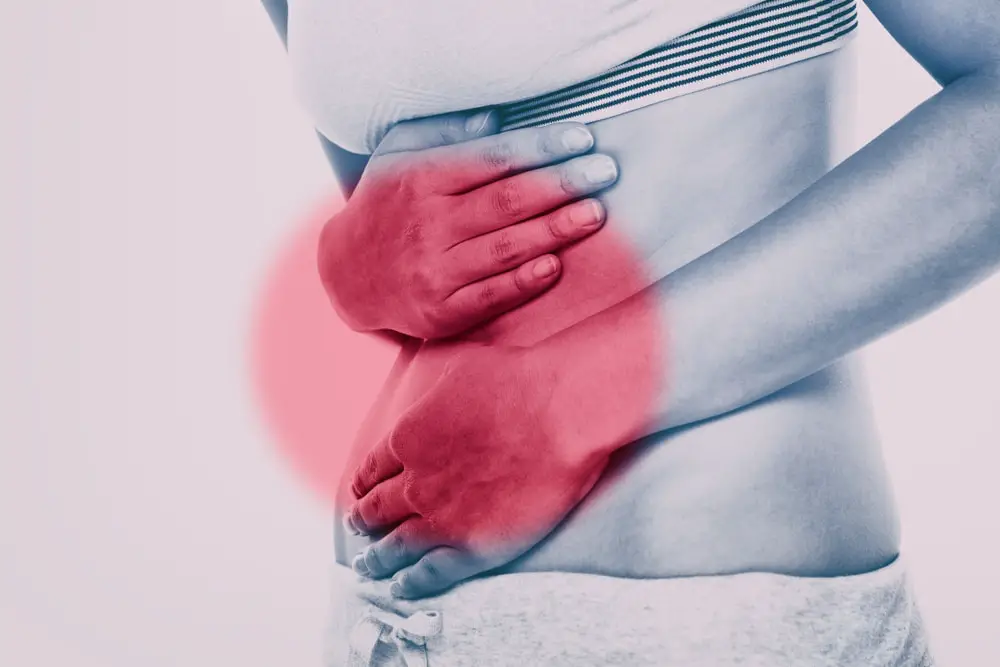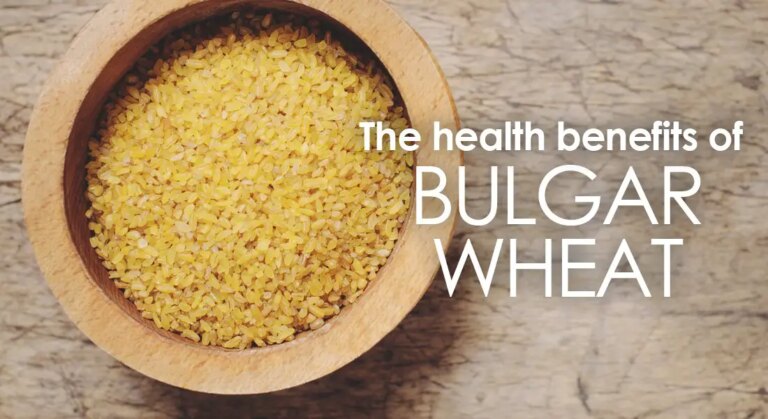Polycystic ovarian syndrome (PCOS) and irritable bowel syndrome (IBS) are both common health conditions in the United States. PCOS is related to the production of abnormal levels of hormones, while IBS is a gastrointestinal disorder causing various symptoms including stomach pain and diarrhea. However, it is now believed the two conditions could be linked. Here are the symptoms to watch for as well as an overview explaining how the two conditions could be tied together. (1)
PCOS And IBS Symptoms
Symptoms of PCOS include:
- Irregular menstruation
- Acne and/or oily skin
- Thinning hair or excess hair on the body and face
- Ovarian cysts
- Enlarged Ovaries
- Darkening of the skin
- Thick patches on the skin
- Difficulty getting pregnant
- Unexplained weight gain (1)
Symptoms of IBS include:
- Abdominal pain
- Bowel changes such as diarrhea, constipation, or both
- A bloated feeling
- Constantly feeling like you have not finished passing stool
- Whitish coloring in the stool caused by mucus
If you experience any of these symptoms, speak to your doctor. (1)
Hormones Connected with Both PCOS And IBS
As mentioned, PCOS is caused by excess hormones leading to irregular menstrual periods. Interestingly, the same hormones that cause menstrual period irregularities can also affect IBS. The two hormones involved, luteinizing hormone (LH) and follicle-stimulating hormone (FSH), can also contribute to constipation by delaying food movement in the digestive tract. (2)
Women Tend To Have PCOS And IBS
Studies show females are twice as likely to suffer from IBS than men. The increased rate of IBS in women could be due to many issues including the fact that estrogen and progesterone can slow down intestinal muscle contractions causing constipation. During menstruation, the hormones can have the opposite effect and cause diarrhea. Female sex hormones can make the pain more perceptible, which in turn can make it more likely for them to feel the cramping and discomfort associated with bowel troubles. Last but not least these same hormones can cause stress. Stress is often a contributing factor in IBS symptoms, and heightened stress levels occur in those with PCOS. (1,3)
PCOS And IBS Possibly Linked Through Inflammation
A study found that chronic inflammation caused by PCOS can lead to conditions such as heart disease and type 2 diabetes. IBS is also affected by inflammation, especially mucosal inflammation of the intestinal lining, and neuroinflammation via the gut-brain axis. (4,5)
If You Think You Have Both PCOS And IBS
These are symptoms women might not tie together. As a result, you might mention the menstrual-related issues to your gynecologist and the other symptoms to your family doctor. However, it’s always best to be thorough in describing your symptoms, even if you don’t think they are related. Both lists of symptoms point to health issues and should be discussed with your doctor as soon as possible. They can look at your symptoms and decide whether it is necessary to run tests to diagnose either condition. Tests might include checking stool samples for IBS, running blood tests to check hormone levels, or checking the size of your ovaries for PCOS. (1)
Polycystic Ovary Syndrome (PCOS) And Irritable Bowel Syndrome (IBS) Treatment
Unfortunately, both PCOS and IBS have no known cure. Your best way to manage symptoms is to speak to your doctor and consider making some lifestyle changes including (1)
- Reducing stress
- Eating a healthier, balanced diet with more fiber and less gluten
- Keeping physically active
- Paying attention to possible triggers for your IBS symptoms such as stress or certain foods
Your doctor might also recommend medications to assist with managing your irregular periods, fertility issues, diarrhea, constipation, and abdominal pain.
If you would like to start eating a healthier diet, download our free recipes here.
References:
- PCOS and IBS: Is There a Correlation Between the Two? (healthline.com)
- The impact of irritable bowel syndrome on health-related quality of life in women with polycystic ovary syndrome – PMC (nih.gov)
- Sex-Gender Differences in Irritable Bowel Syndrome – PMC (nih.gov)
- A Cross Sectional Study on the Status of Inflammatory Markers in Polycystic Ovary Syndrome (Pcos) in Indian Population | Biomedical and Pharmacology Journal (biomedpharmajournal.org)
- The role of inflammation in irritable bowel syndrome (IBS) – PMC (nih.gov)











 Subscribe to Ask Dr. Nandi YouTube Channel
Subscribe to Ask Dr. Nandi YouTube Channel









